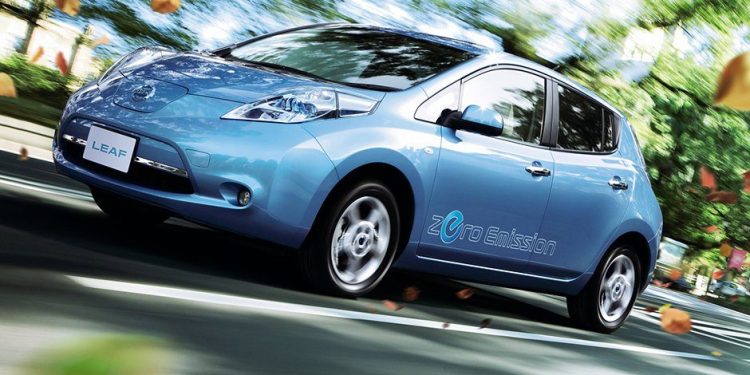EV rebate scheme ‘completely perverse’ says NZ industry leader
Debate around the government’s Clean Car Discount and Clean Car Standard schemes has continued in a six-strong panel interview featuring Transport Minister Michael Wood.
Hosted by the NZ Herald, the panel featured Wood, Motor Industry Association CEO David Crawford, KPMG Director of Infrastructure and Government Advisory Stephanie Ward, Imported Vehicle Industry Association CEO David Vinsen, Mercury Energy General Manager of Sustainability Lucy Drummond, and Drive Electric Chairman Mark Gilbert.
The talk covered off numerous talking points around the scheme, with disagreement still ongoing about how far away hybrid and electric utes are from appearing on the market. Wood pressed on with the government’s stance that they will be available within the next 12 to 24 months, while Crawford disagreed.
“The timeline is going to be a little bit longer,” he said. “We talk about electrification from a pure internal combustion to a mild hybrid, full hybrid, plug-in hybrid, to full BEV. And we’re not expecting to see mild hybrid or just normal hybrid in the next 12 to 24 months. We are aware that there are some distributors working furiously with their suppliers to see if they can shorten the timeline, but these are available in left-hand drive, not right-hand drive at the moment.

Wood noted that the pressure it’s putting on new-vehicle distributors to lobby for low-emissions utes is a plus of the scheme. “That’s one of the points of this policy, that we have some positive incentives between the clean car discount scheme and the clean car standard for importers to go back and try to get that cleaner stock into New Zealand,” he said.
There was also disagreement about how many people were buying utes for the purpose of using their full utility potential. “There’s all the loose talk about farmers and tradies, but how many [utes] are they actually buying? Thirty per cent of all ute sales are in Auckland … how many genuine tradie and farmer purchases are there year-on-year out of the volume?” asked Gilbert.

Crawford refuted this, saying that according to the MIA’s figures some 70 per cent of new utes purchased in New Zealand these days are bought for trade and commercial purposes, with 30 per cent going to private buyers.
Vinsen delivered one of the debate’s more impassioned comments while talking about the impact the Imported Motor Vehicle Industry Association sees the Clean Car Discount and Standard having on the imported car market.
“Since the minister made the announcement, we’ve had our members taking their $3500 extra each, bidding against each other to buy the available vehicle stock, forcing the prices up in Japan,” Vinsen said. “So this has been a wealth transfer from the New Zealand government, through New Zealand importers, straight to the Japanese sellers, which is exactly what we said would happen.”
“The EVs are going to come in more expensive, which is completely contrary to what was hoped. And when the fee side of it starts in January, we’re going to have the pressure coming off the less desirable vehicles, and so we’ll be able to buy to them more cheaply. We’ve got this completely perverse incentive which is exactly what we said would happen, and it’s already playing out.”

There was little debate around whether a shift towards electrified vehicles was a good thing for New Zealand, with all parties seemingly in agreement on the core point.
“Across the board I think people recognise that we do need to clean up New Zealand’s fleet. Bare in mind, we have one of the dirtiest vehicle fleets in the OECD and if we don’t take action to clean it up as other countries do, we will become a dumping ground for the world’s dirtiest vehicles,” said Wood. “I don’t think anyone, whether you’re in the town or the country, wants to see that happen.
“This is about how we put incentives in place for people to get into cleaner vehicles. Even within utes and other vehicles that attract a fee, there are still going to be choices. Within the market, there are some utes that emit considerably less than other utes. This scheme will relatively incentivise those versus the very dirtiest vehicles.”





